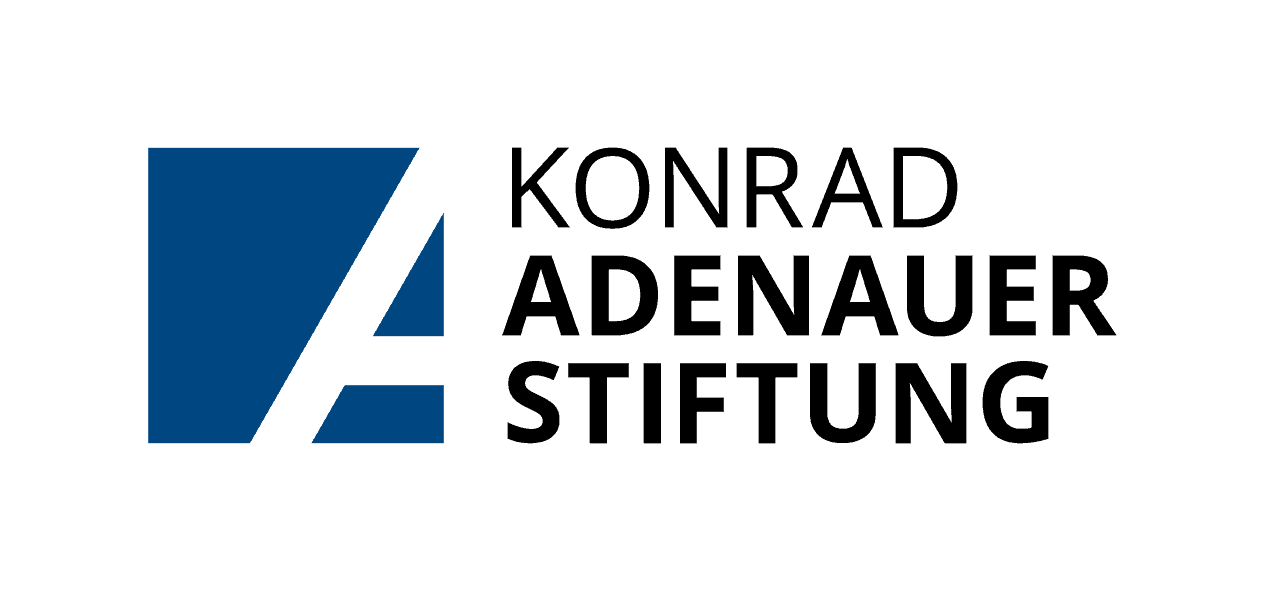Everybody works differently, so try to identify your weaknesses and not get too bogged down by any one stage. For example, it might be tempting to read as much as you can, especially at the start of an investigation. But reading is time-consuming, and you can end up with more references to do further research on than is humanly possible within a given timeframe. It would be better to do smarter Internet searches — such as putting quotes around the keywords so you filter out the irrelevant articles. Also, staying organised — such as bookmarking web references — helps you eliminate time wasted searching for these links.
Similarly, do not pin your hopes on just one elusive expert. Cast your net wide to contact as many relevant people as possible. At this early stage of your investigation, you have to search broadly rather than deeply.
You should also have a timetable to determine how much time to allocate on each segment of your research. While an investigation may take different turns, use this initial guideline to remind yourself if you need to move on, or find an alternative way of getting what you need.

